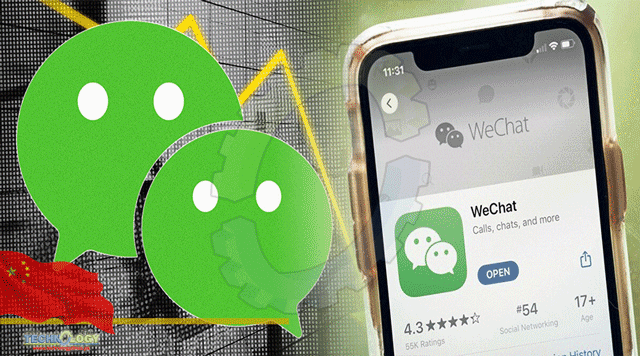Tencent Announced It Will Suspend All New WeChat Signups As It Undertakes A “Security Technical Upgrade” In Line With Relevant Chinese Laws.

It’s been a bad month for Tencent. First, the Chinese government clamped down on the tech giant in early July, alleging irregularities at the company—including possible anti-monopolistic behaviors over mergers and acquisitions. Now, as Bloomberg reports, Tencent Has Announced It Will Suspend All New Wehat Signups As It Undertakes A “Security Technical Upgrade” In Line With Relevant Chinese Laws.
Yesterday’s announcement of the suspension of new user signups wiped over 10% from the company’s value on the stock market as of the time of this writing. That 10% fall wiped almost $100 billion from the market cap of China’s most valuable company.
And Tencent isn’t the only Chinese tech giant in the crosshairs of Chinese regulators. Didi and Alibaba are also seeing increased scrutiny from the government. So what’s going on? As Bloomberg notes, China appears to be launching crackdowns on its powerful tech giants—companies that have so much mindshare and influence in the daily lives of China’s billion-plus citizens. Given this outsized influence on the average Chinese citizen’s daily life, it’s not hard to imagine that such a position may not sit well with those in charge.
As for what the suspension of WeChat signups means for Tencent’s business, in the long run, it will probably have little impact. By early August, signups should be possible again. However, as Tencent apps like WeChat are on virtually every Chinese citizen’s smartphone already—and users can keep using Tencent’s services throughout the “security technical upgrade”—it’s not like there are a lot of people left in China for Tencent to sign up for its services or many who will be cut off from accessing them.
In other words, Tencent’s shares plummeted yesterday not from investors’ worries that suspending signups would hit Tencent’s bottom line, but from their worries about what China’s increasing willingness to crack down on its homegrown tech giants means for the company in the future.
This news was originally published at Fast Company.